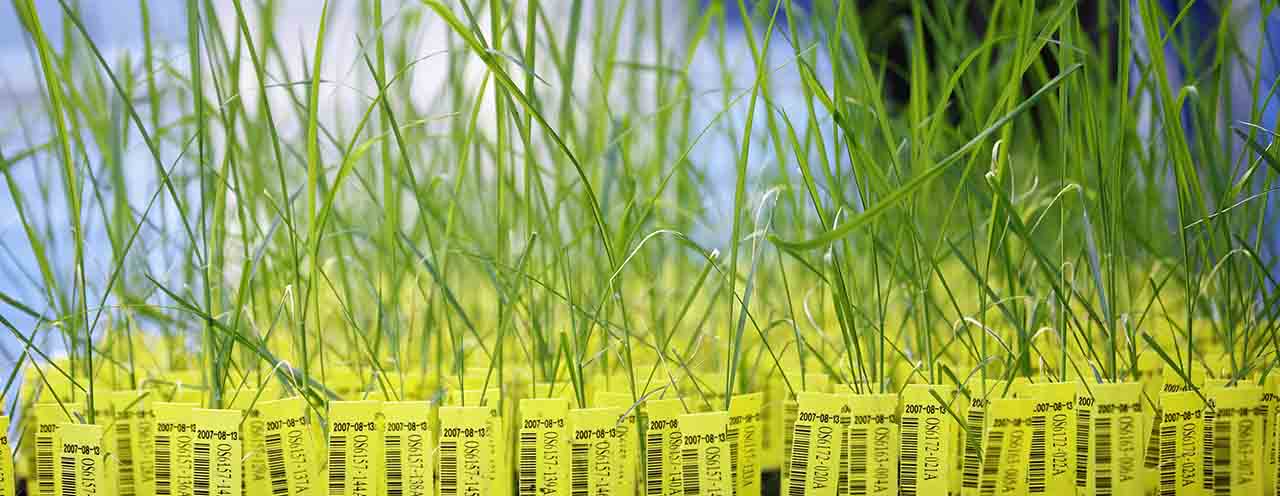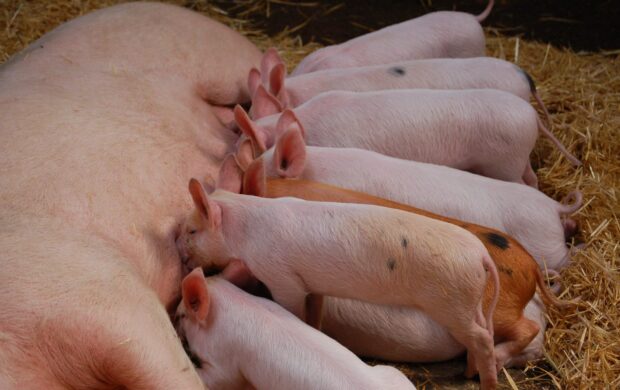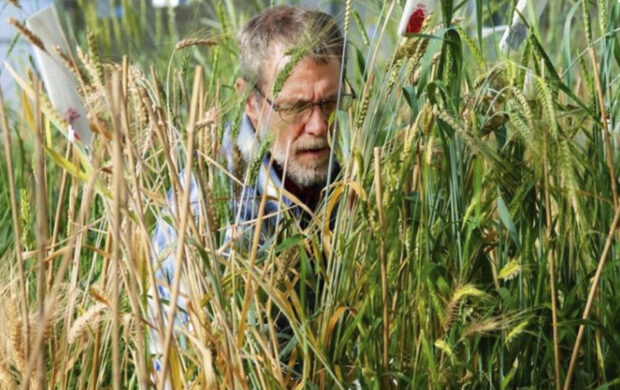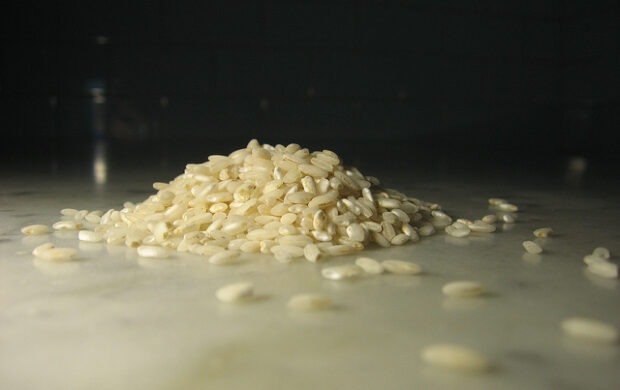A new gene-editing method that is being used to re-engineer crops to combat climate and microbial threats has been showing promising results in tests conducted recently. The CRISPR method allows for the precise tweaking of a plant’s genetic make-up in order to cope with the multitude of external threats that crops face pre-harvest, or simply to make them higher-yielding. It has already achieved successful results in China in the form of increased rice yields and fungus-resistant crops and efforts are currently underway in the UK to produce a drought-resistant barley crop.

The interest surrounding CRISPR stems from a variety of reasons; it is cheap, fast and extremely versatile, working on nearly every plant, creature and cell type to date. It also facilitates ‘gene-driving’, a method of guaranteeing the inheritance of certain genes to all of the carrier’s offspring and eventually throughout an entire population. Understandably this has had a polarising effect on discussions about its application; gene-driving has the potential to eradicate diseases such as malaria, as well as the potential to disrupt the natural balance of whole ecosystems through wiping out entire species.
The CRISPR method differs from conventional genetic modification (GM) in that it doesn’t need to splice foreign genes into an organism, instead it relies on introducing microscopic motes of bacterial genetic material to target the editing process (although it must be noted that sometimes bacterial genetic residue remains). As such, it has been able to bypass the regulatory ‘GMO’ classification, resulting in cheaper manufacturing and testing costs and speedier lab-to-field output times. Widespread availability of CRISPR crops has been placed at approximately 5-10 years away, subject to government permission.







